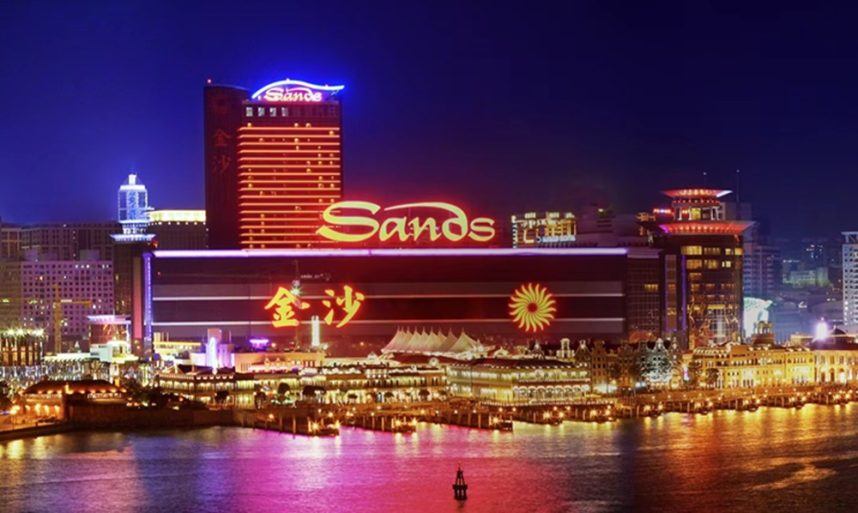Macau Appeals Court Dismisses AAE’s Billion-Dollar Lawsuit Against LVS
Posted on: October 18, 2024, 02:10h.
Last updated on: October 18, 2024, 02:10h.
In an intriguing legal development from the gaming capital of Asia, a Macau appeals court has dismissed Asian American Entertainment’s (AAE) bid to revive its long-standing lawsuit against the Las Vegas Sands Corporation (LVS). This lawsuit, which has been a point of contention for nearly 25 years, centers on a business agreement that soured between these two parties in the early 2000s.

AAE and LVS partnered on a license application for what later became the Sands Macao, above. But the relationship broke down, and AAE wants a multibillion-dollar piece of the pie. (Image: Sands Macao)
Background of the Dispute
At the heart of the dispute is AAE’s claim for compensation that ranges from a staggering US$7.5 billion to US$12 billion. The lawsuit revolves around allegations of breach of contract that AAE insists is one of the largest in corporate history. The roots of this disagreement can be traced back to 2001, shortly after AAE and LVS joined forces to submit a joint bid for a casino license in the then newly liberalized Macau gaming market.
Following the breakdown of their partnership, LVS in 2004 continued its casino operations in Macau, eventually aligning with Galaxy Entertainment. This strategic move led to the establishment of the Sands Macao, which subsequently bloomed into a gambling powerhouse, propelling LVS to become the world’s richest casino operator.
AAE’s Position
AAE, under the ownership of Taiwanese businessman Marshall Hao Shi-sheng, contends that its early involvement provided crucial guidance during the complex licensing processes as well as insights into the cultural landscape of Macau. AAE argues that without its support, LVS would have struggled significantly to navigate the intricacies of obtaining a gaming license in the competitive Macau market.
The core of AAE’s claim is based on the assertion that it is entitled to 70 percent of LVS’s profits in Macau from the initiation of trading in 2004 until the license expired last year. This significant figure contributes to AAE’s argument for a sizable financial rectification for what it perceives as an unjust termination of its partnership with LVS.
LVS’s Counterarguments
In response, LVS asserts that the blame for the severed relationship lies with AAE. The casino giant has maintained that it was AAE that withdrew from the collaboration. Furthermore, experts, including former Macau regulators, have suggested that LVS’s reputation and capabilities as an established Las Vegas operator were key factors that made it a desirable candidate for the casino license, regardless of AAE’s local insights.
LVS has stated that the allegations of AAE are fundamentally flawed, outlining that the lower court had previously ruled that AAE had “distorted the facts” and had "seriously overestimated the amount of compensation." The court concluded that AAE engaged in litigation “in bad faith,” prompting the appeals court to uphold this judgment.
Future Implications
Although AAE’s appeal has been dismissed, it has not completely closed the chapter on this conflict. AAE remains resolute, with its lawyer Jorge Menezes indicating that they are prepared to escalate the case to Macau’s Court of Final Appeal. The legal landscape surrounding this case has broad implications not only for AAE and LVS but also for future partnerships and the regulatory environment in Macau’s lucrative gaming sector.
As the situation continues to evolve, stakeholders within the industry will be closely watching to see whether AAE will pursue further legal avenues, which could potentially reshape the dynamics of casino operations and partnerships in the region. The outcomes of such high-stakes litigation highlight the critical importance of clear agreements and the intricacies involved in navigating the complex world of casino licensing.
In conclusion, the dismissed appeal adds yet another layer of complexity to an already intricate legal battle that dates back nearly a quarter of a century. As both sides prepare for the next steps, the ramifications of this lawsuit will likely ripple through the gaming industry for years to come.













